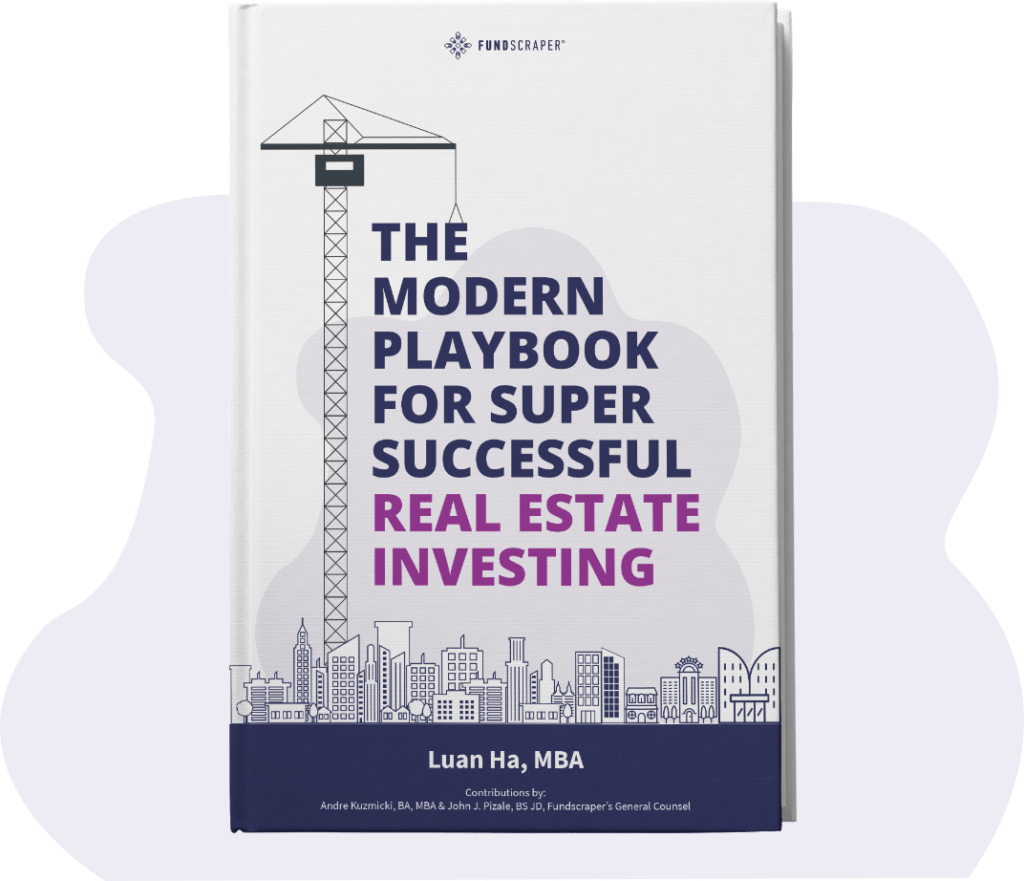Today, there’s a wealth of options for accessing the market for investors of all kinds. Many investors struggle with the private real estate investment due diligence process. It can be intimidating and stressful to know where to start, what information to review, and how to determine whether or not a property is a smart investment. We’re here to make that process a lot less intimidating by explaining essential due diligence to-dos for investors, whether you choose a fund, service, or platform.
Key Points
- Many investors struggle with the private real estate investment due diligence process.
- Past performance does not guarantee future results, but looking at track record is one way to gauge an organization’s expertise.
- Make sure you understand a service’s fee structure and confirm that it makes sense in light of the value the investment manager is creating for you using your capital.
- People turn to real estate to improve their portfolio’s overall diversification. Public REITs are terrific products, but if your investment portfolio is generally made up of publicly tradable shares, you may lack diversification.
See If You Qualify
Before spending too much time envisioning your future with a particular service, be sure to check and confirm which kinds of investors it admits. For example, some funds provided by famous private equity real estate companies, like Blackstone, have a history of only admitting investors that meet certain salary thresholds, while newer platforms, like Fundscraper through Fundscraper Property Trust, allow anyone to invest.
Check Past Performance
Past performance does not guarantee future results, but looking at track record is one way to gauge an organization’s expertise. How has the manager fared in prior years? Did they show responsible custodianship over investors’ funds in the past? What does their portfolio say about their investment biases? How is their portfolio weighted? Each of these factors can help you determine what your investment experience might be like with a particular service.

Understand the Fee Structure
Every real estate investment has built-in expenses. In order to generate dividends, a property incurs ongoing fees, such as property management and future upkeep. Make sure you understand a service’s fee structure and confirm that it makes sense in light of the value the investment manager is creating for you using your capital.
Make Sure You Can Manage Your Investment
One of the big advantages of investing in real estate directly is that you never have any doubt about what your money is up to or how to track it. On the other hand, when you invest through a third party like a fund, partnership, or corporation, you can only track what they make visible. Now that most investment services are online, make sure you can interact with, manage, and evaluate your investment to your desired level of involvement.

Consider Diversification
People turn to real estate to improve their portfolio’s overall diversification. Public REITs are terrific products, but if your investment portfolio is generally made up of publicly tradable shares, you may lack diversification.
Public REITs in Canada correlate very closely with our public markets. When the markets go up, so do the REITs; when the markets go down, the REITs follow. Private real estate investment does not correlate with the public market. It’s one of the important reasons folks look to “anchor” their investment portfolios with private real estate investment. It sits at the bottom of your portfolio and chugs along, regardless of what’s happening in the public markets.
At Fundscraper, part of our due diligence is making sure you understand yours. Download our due diligence checklist template for real estate property investment here.
Start Investing in Real Estate Backed Investments Today
Explore the investments available on Fundscraper.










